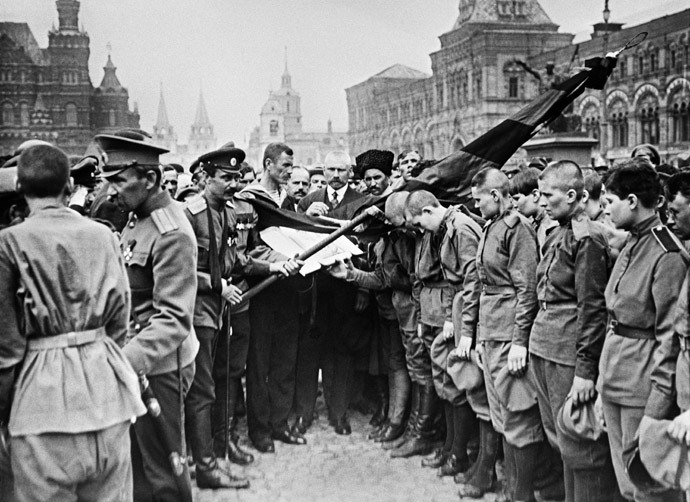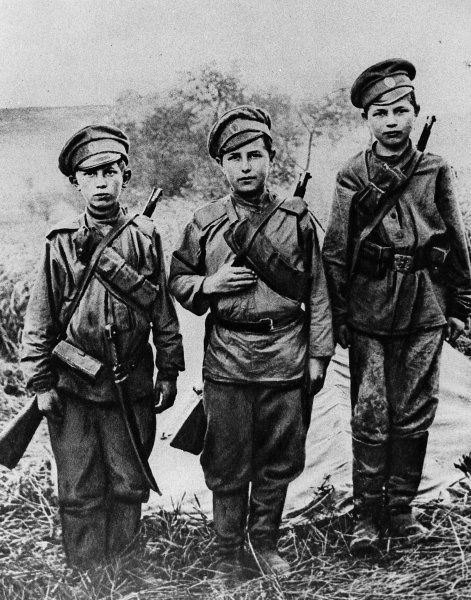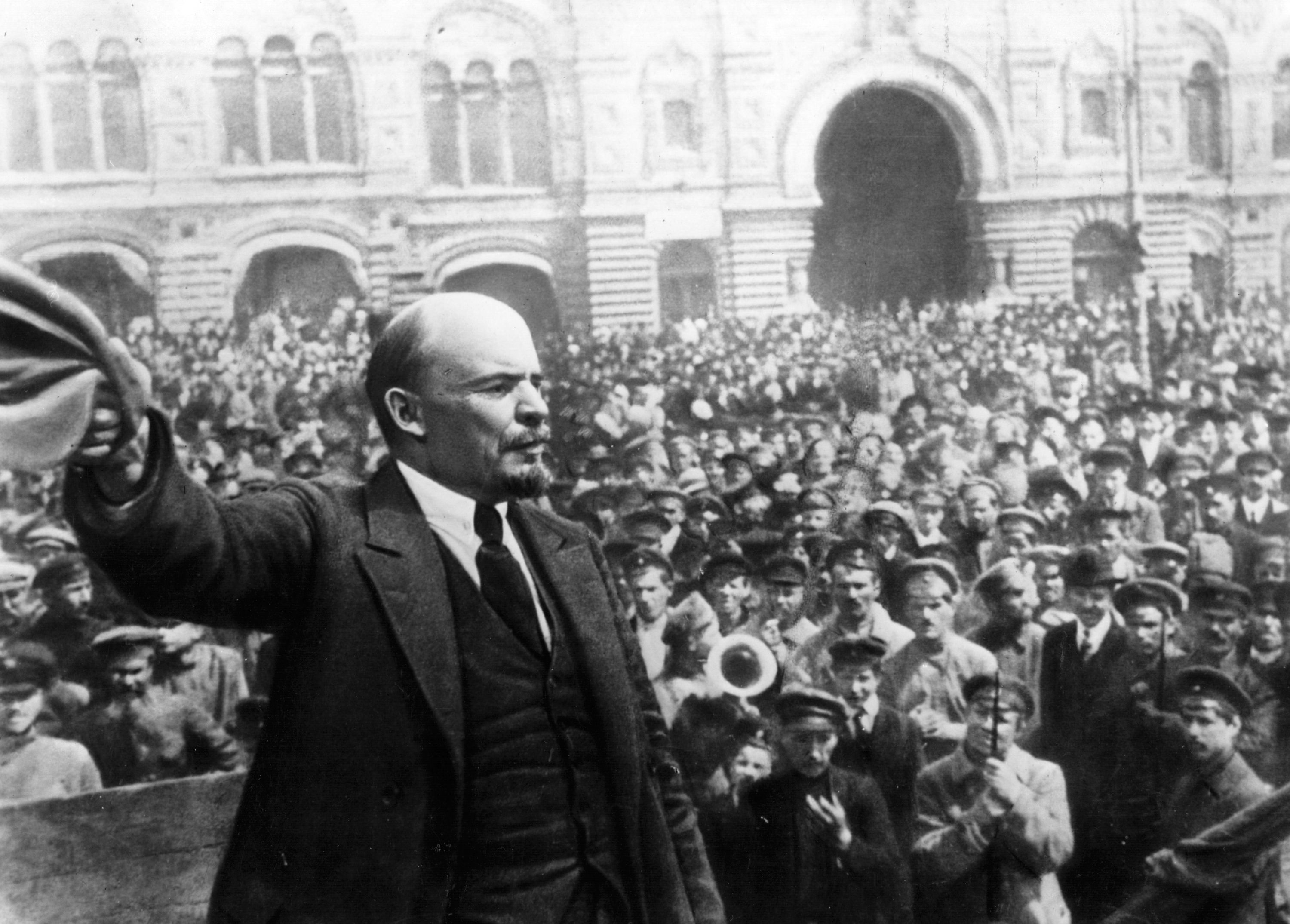Lenin Calls for End to Russia’s Role as Desertion Spreads.
Germans Flood the Battle Field with Propaganda.
Special to The Great War Project
(30 April) In Russia, the conflict between pro- and anti-war forces is gowing and bringing more and more uncertainty to Russia’s continuing participation in the war, a century ago.
In late April a century ago, a small contingent of Russian soldiers “demanded an immediate peace,” writes historian Martin Gilbert “with a simultaneous laying down of arms by both sides.”

Russian soldiers are deserting the Russian army at an alarming rate.
At this moment in the war, a larger anti-war contingent of Russian soldiers does not emerge, lacking support from the officer corps. Deep divisions within the Russian army crack into the open.
There are threats that soldiers and officers could attack one another.
So the pro-war forces adopt “increased disciplinary measures,” reports Gilbert.
Nonetheless the resistance and indiscipline in Russia are spreading, rapidly. The Russian command drafts contingents of 1000 soldiers, who are stationed in the rear. Only 150 to 250 troops actually appear at the front for service.
And there are more indications that Russian soldiers are fleeing the battlefield, refusing to fight. In the munitions factories “Bolshevik anti-war propaganda was incessant,” reports historian Gilbert.

Boy soldiers in Russia
“On April 23rd, the Bolshevik party’s newspaper Pravda asked the Russian soldiers: ‘Are you willing to fight for this, that the English capitalists should rob Mesopotamia and Palestine?’”
The Bolshevik firebrand leader Vladimir Lenin is in Petrograd, the Russian capital, having made the secret journey to Russia from his exile in Switzerland. Lenin’s return home is arranged by the Germans. They hope that Lenin will take control and boost support to the anti-war forces in Germany.
“Looking at the Russian situation from Germany,” General Max Hoffman, noted in this diary, “We are showering newspapers and leaflets on the Russians and trying to get at them in various ways.”
Observes Hoffman, “the Russian Revolution is a godsend to us.”
But still that is not enough to end Russia’s participation in the war. “The Germans looked with alarm,” reports Gilbert, “at the decision of the Russian Provisional Government to remain at war.”
In these days a hundred years ago, “More than 50,000 wounded Russian soldiers demonstrated in favor of the continuation of the war.”
Much to Lenin’s distress, writes Gilbert, “the Petrograd Soviet (or Council) gave its support to the Provisional government.”
Nonetheless, chaos in Russia is only growing.

Lenin in Petrograd
Reports historian Gilbert, “the Eastern Front would remain in place despite a massive increase of the number of deserters, as many as two million by these days a century ago.”
At the same time, night life in Petrograd would remain lively, despite the desperate conditions in the army and at the front. “The nightlife of Petrograd would also go on,” writes one historian. “Theaters and cabarets remained open.”
The opera and ballet seasons are in full swing. Singing at the opera, the bass Chaliapin “had never been in better voice.”
“At the ‘Europe’ nightclub,” writes Gilbert, “Jimmy, the barman from the old Waldorf-Astoria, continued to purvey his famous concoctions.”
To the delight of its nighttime clientele.

More great reporting. Thank you, Mike. – Alex